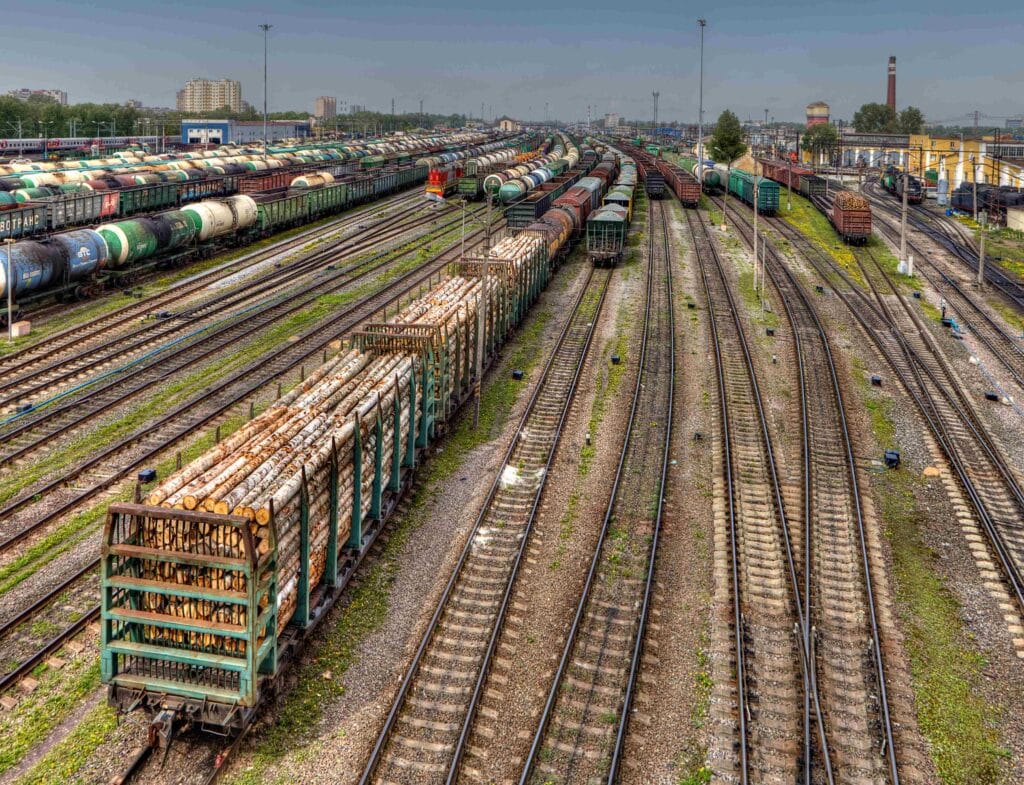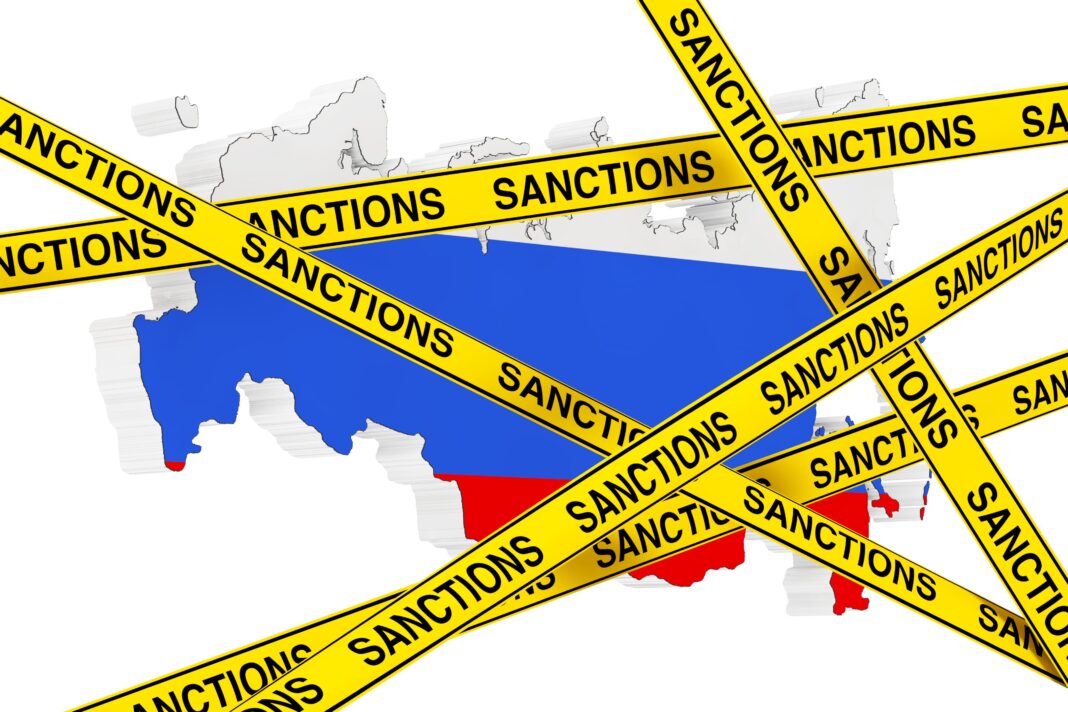Companies that exited Russia after the Ukraine invasion are now “scoring points” with consumers. That is according to new research published by the University of Notre Dame, which claims that consumers are now rewarding companies for “sociopolitical activisim.”
It comes as Wood Central revealed that several of the world’s largest timber companies—including IKEA, Metsä Group, Stora Enso, Krono Group, Egger, Mayr-Melnhof Holz, and Kronospan—have exited the Russian market since the start of the war. This has crunched the global supply chain for timber products (and caused prices to spike).

Led by Shankar Ganaesa, a Professor of Marketing at Notre Dame’s Mendoza College of Business, the study looks at the impact of decisions on three critical consumer mindset metrics:
- net brand buzz
- the brand consideration set
- purchase intent.
It also evaluated how these metrics are influenced by additional factors, including the company’s ESG reputation, the timing of the decision, and whether a firm operates B2B or B2C. According to Professor Ganaesa, companies that withdrew from Russia experienced a notable increase in net brand buzz, suggesting that consumers favour companies that oppose aggression.
The positive consumer sentiment was even stronger for companies with a robust ESG reputation: “These firms saw enhanced brand consideration and purchase intent, indicating that a stronger ESG profile can magnify the benefits of socially responsible actions during a geopolitical crisis.”
“Interestingly, companies that delayed their withdrawal until after their industry peers saw a greater boost in net buzz,” Professor Ganaesa said: “Whilst early action is valued, there are strategic advantages to carefully timing such decisions in complex geopolitical environments.”
Russia is squeezing Western Companies looking to sell assets
The new research comes as Western companies face major challenges in fully exiting from Russian assets – with the Kremlin imposing significantly higher exit costs to prevent European companies from leaving.
Corporate exits have become constrained by a mandatory 50% discount on assets of businesses from countries deemed “unfriendly” to Russia, a minimum 15% exit tax and the need to find Russian buyers who are both not sanctioned in the West and suitable for Moscow.
Last year, Danone and Carlsberg had their assets seized after announcing their exit plans, while IKEA successfully sold out 14 shopping centres: “Many European companies have found themselves between a rock and a hard place,” an unnamed business executive working told the Financial Times in May.
- To learn more about the impact of the Ukraine war on global timber prices, click here for Wood Central’s special feature.






